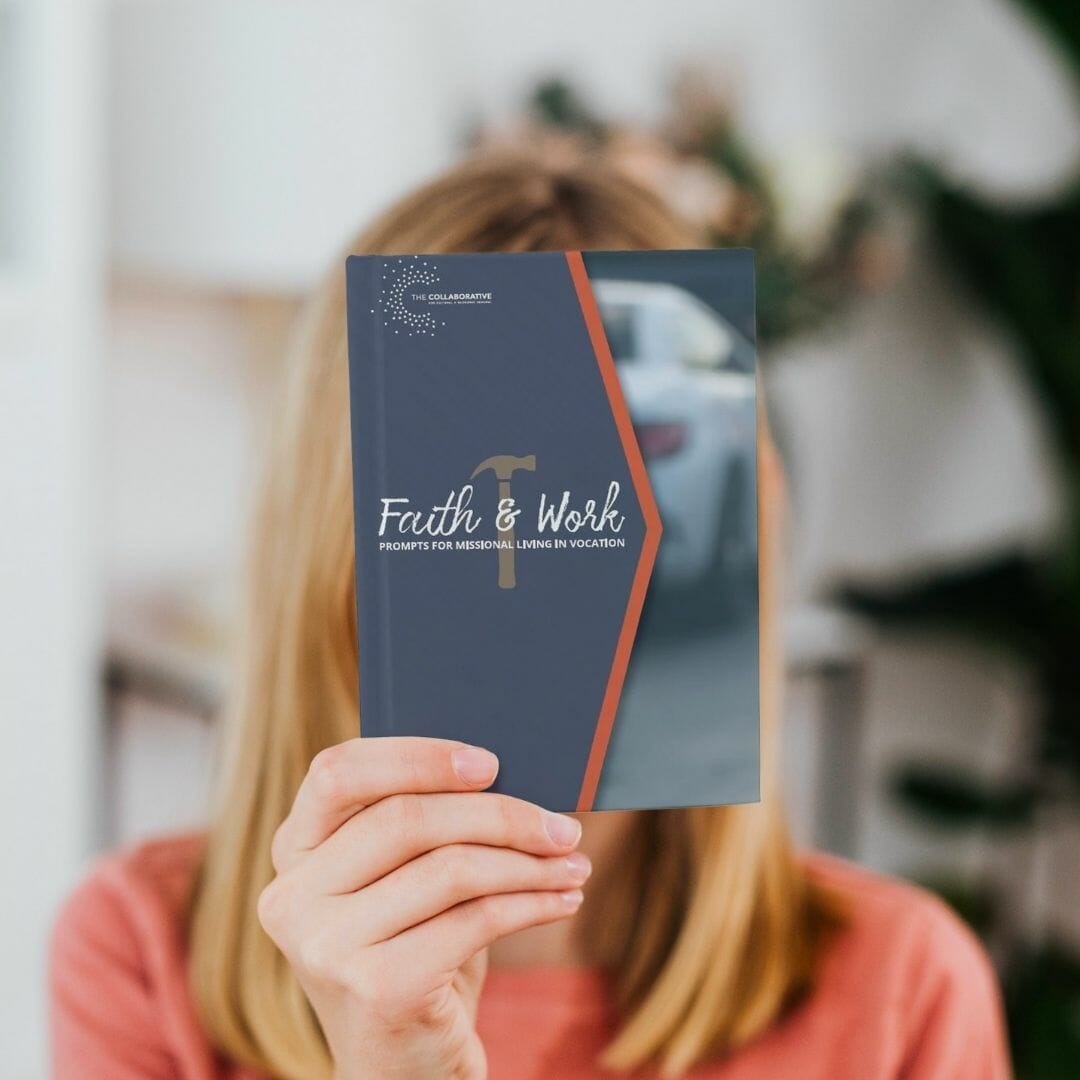For many the unofficial start of summer has begun with another school year completed and the Memorial Day Weekend in the books. As you enjoy a slower pace and perhaps some vacation, have you thought about what you want to read? These warmer days often provide greater margins for stealing away time that could be spent with a good book.
There is a running dialogue in my house about reading. Most of the time the discussion involves some level of lament that the culture is distracting us from reading and that there are too few things that promote it. The truth is I am the one that allows my time to get redirected away from opportunities for reading. This is my loss.
The original plan for this blog post was a list of books from various sources to help subsidize your thinking about what you might read next. No worries there are lists included in the What We Are Thinking About section. However, my greater desire today is to generally encourage you to read more, but maybe that is a reflection of where I am and that I am in need of some gentle prodding in this area.
Statistics show that our collective reading habits are deplorable. Recently, I came across an article by Sarah Nicholas who has gathered numerous facts and figures about the discipline (or lack) of reading. Here is a sampling:
-
In 2017, people in the U.S. 15 years and older spent an average of 16.8 minutes a day reading (not including for work or school), according to a survey by the Bureau of Labor Statistics. This is down from 22.8 minutes in 2005.
-
Those in the U.S. aged 20–34 read the least, with an average of 6.6 minutes per day, with teenagers reading 1.8 minutes more. Those 75 and older read the most, with an average of 51 minutes per day.
-
24% of U.S. adults surveyed in 2018 hadn’t read even part of book in the past year.
-
Audiobooks are the fastest growing format, with a massive 28.8% growth from 2016 to 2017.
-
A study of K-12 student reading habits demonstrated that six extra minutes of reading per day can turn a struggling reader into one who meets or surpasses their grade’s benchmark.
-
Those students who read 15 minutes or more per day—about 46% of students—made accelerated reading gains.
-
Adults who read for 30 minutes a week reported feeling 20% more satisfied with their lives in the latest Quick Reads study.
-
One study showed reading reduces stress by 68 percent, more so than listening to music, having a cup of tea, or taking a walk.
Some of these statistics are stunning and I love that Sarah Nicholas’ article touches on some of the benefits of reading as well. However, statistics are not necessarily appealing to all types of personalities. For those who are motivated by what the experts think, here is what Alan Jacobs says about reading in his book, The Pleasure of Reading in an Age of Distraction, “…reading books can be intensely pleasurable. Reading is one of the great human delights.”
Jacobs goes on to say, “…don’t turn reading into the intellectual equivalent of eating organic greens, or (shifting the metaphor slightly) some fearfully disciplined appointment with an elliptical trainer of the mind in which you count words or pages they way some people fix their attention on the ‘calories burned’ readout—some assiduous and taxing exercise that allows you to look back on your conquest of Middlemarch with grim satisfaction. How depressing. This kind of thing is not reading at all, but what C.S. Lewis once called ‘social and ethical hygiene.’” Believe me this blog is not about encouraging us to eat our “greens”. Rather, it is about nurturing a greater appetite for reading—all kinds of reading.
For those of us who rarely pick up a book, maybe it is about reading one thing this summer. For those who are voracious readers, maybe it is about mixing up the kind of genre you read. For those of us who just allow our reading time to get squeezed out, maybe it is about revisiting our calendars and making an appointment with our book. If Jacobs is right that reading is one of the “great human delights,” then let us not miss out but rather encourage one another in our reading pursuits.
Finally, Emily Dickinson’s poem, There Is No Frigate Like a Book, in a few brief words is able to transport the reader into a world of possibilities that comes from reading a book.
There is no Frigate like a Book
To take us Lands away
Nor any Coursers like a Page
Of prancing Poetry –
This Traverse may the poorest take
Without oppress of Toll –
How frugal is the Chariot
That bears the Human Soul –
For the sake of our souls, HAPPY READING!
What We Are Thinking About
Christianity Today’s 2019 Book Awards
What We’re Reading This Summer (Gospel Coalition)
12 Books that CEOs Think You Should Read in 2019 (Fast Company)
Amazon Best Sellers: Business Books 2019
Crosland Stuart, of Crosland & Company, LLC, works with The Collaborative on marketing, recruiting, and content creation. Additionally, she also works in the areas of foundation consulting, communications, and is a literary agent.
Thanks to Iñaki del Olmo for photo on Unsplash



